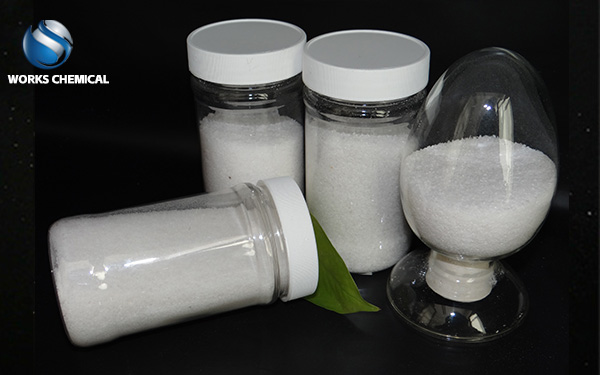
Sludge dewatering agents play an important role in municipal sludge treatment, mainly used to improve the dewatering performance of sludge, reduce the moisture content of sludge, and facilitate subsequent treatment and disposal. The following details the application of sludge dewatering agents in municipal sludge treatment and related precautions:

Types of sludge dewatering agents
Sludge dewatering agents are mainly divided into organic flocculants and inorganic flocculants.
Organic flocculant:
Main representative: cationic polyacrylamide (CPAM). CPAM is positive in acidic or alkaline media, and can effectively neutralize the negative charge on the surface of the sludge particles. Through charge neutralization and bridging, the sludge particles can be aggregated to improve the dehydration efficiency.
Features: small amount, high dewatering efficiency, easy separation, no corrosion to the equipment, conducive to sludge incineration, brick making, composting and other processing.
Inorganic flocculant:
Mainly represents: iron salts and aluminum salts, such as ferrous sulfate (FeSO4), polyferric sulfate (PFS), aluminum sulfate (Al2(SO4)3), etc. These inorganic salts hydrolyze in water to produce positively charged colloidal particles, which combine with the negative charge on the surface of the sludge particles to form floc precipitation.
Features: low cost, but the amount is relatively large, and may produce more sludge residue.
2. Application of sludge dewatering agents
Pretreatment: Before the sludge dewatering, by adding an appropriate amount of sludge dewatering agent to the sludge, the sludge particles can change the physicochemical properties, destroy the colloidal structure of the sludge, reduce its affinity with water, and thus improve its dewatering performance.
Dewatering process: the pre-treated sludge enters the dewatering equipment (such as plate and frame filter press, belt filter press, etc.), and further removes the water under the action of mechanical force to form a mud cake with low water content.
Follow-up treatment: The dehydrated mud cake can be incinerated, brick made, composted and other treatments according to needs to realize the resource utilization of the sludge.
Three, use precautions
Agent selection: According to the nature of sludge and treatment requirements to choose the appropriate sludge dewatering agent. For the sludge with strong hydrophilicity, organic flocculant is recommended. For sludge with high sediment content, inorganic flocculants may be more suitable.
Dosage: The dosage of the agent needs to be adjusted according to the nature of the sludge, the concentration and the performance of the dewatering equipment. Too little dosage may result in poor dewatering effect, and too much dosage may increase treatment cost and produce unnecessary sludge residue.
pH adjustment: The effect of some sludge dewatering agents is greatly affected by the pH value, so it may be necessary to adjust the pH value of the sludge during use to optimize the dehydration effect.
Uniform mixing: After the agent is added, it is necessary to ensure that it is fully mixed with the sludge to improve the dehydration efficiency.
Equipment maintenance: Regularly check and maintain the dewatering equipment to ensure its normal operation and extend its service life.
In summary, sludge dewatering agents play an important role in municipal sludge treatment, and the dewatering efficiency and treatment effect of sludge can be significantly improved through reasonable selection and use.